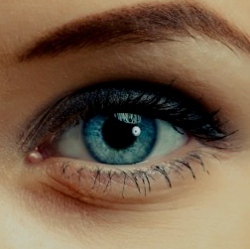
In the first study to attempt to treat insomnia in the acute phase, before it becomes chronic, researchers found that almost 3/4 of participants saw improvements in their sleep within three months following a 60-minute cognitive behavioural therapy session. Those transitioning from acute to chronic insomnia are vulnerable to the onset of depression.
People with insomnia report consistent issues with the quality, duration or continuity of their sleep patterns. They may find it difficult to fall asleep, struggle to go back to sleep on waking during the night or wake early which can lead to problems with attention, concentration, mood and memory. Approximately one third of the adult population reports symptoms of insomnia, with 10% suffering from an insomnia disorder.
Forty adults who reported that they had suffered from insomnia for less than three months and who were not currently taking medication to aid their sleep took part. None had previously received cognitive behavioural therapy.
The participants were separated into two groups, each featuring nine males and eleven females. All used sleep diaries to record the quality and duration of their sleep for seven days before treatment and completed the Insomnia Severity Index which measures the nature, severity and impact of insomnia.
One group received treatment of a one-hour one-to-one cognitive behavioural therapy session delivered by Professor Ellis and a self-help pamphlet to read at home. The control group received no additional support.
After treatment there was a significant difference between the group that had received cognitive behavioural therapy and the control group. Within one month of the therapy session, 60% of participants reported improvements in their sleep quality. Within three months, this had increased to 73%.
